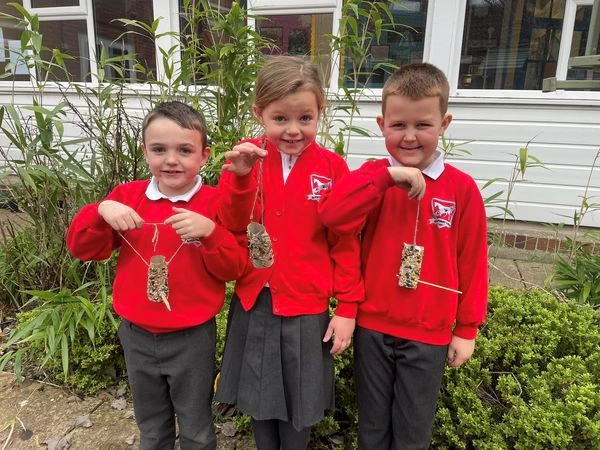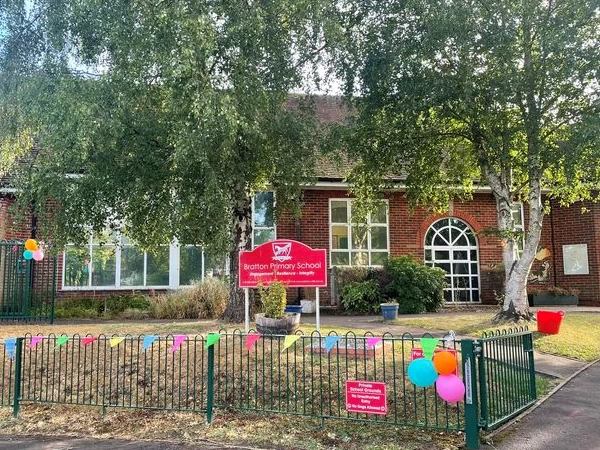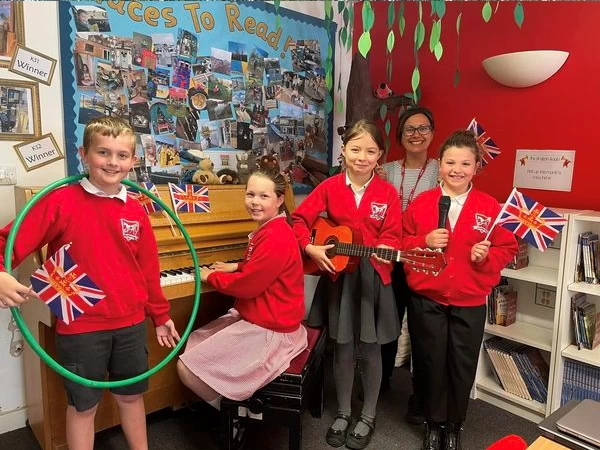


Religious Education
Intent – Our Religious Education Curriculum is designed to:
- develop the children’s’ knowledge and understanding of the major world faiths.
- reflect on what it means to have a faith and to develop their own spiritual knowledge and understanding
- teach pupils about the beliefs of their community and the wider world.
- teach children about key religious figures and their influence in society.
- allow children to celebrate their differences, be reflective and thankful.
- teach pupils about diversity, respect and helps their spiritual, moral, social and cultural self to develop.
- improve our children’s vocabulary, and enable them to talk about religious aspects with confidence.
- allow pupils to explore British values, teaching children: mutual tolerance, respectful attitudes, democracy, the rule of law and individual liberty.
Implementation – What does Religious Education look like at Bratton Primary School?
As a school we aim to celebrate diversity and offer a welcoming and inclusive environment for all our pupils, including new arrivals and non-native English speakers. We help the children learn from religion , as well as about it. Religious Education is taught in accordance with the aims of the Wiltshire Agreed Syllabus, particularly relevant to our school is the aim, which states: Religious Education should help pupils to develop a positive attitude towards other people, respecting their right to hold different beliefs from their own, and towards living in a society of many religions and beliefs’.
How is Religious Education enriched at Bratton Primary School?
Bratton Primary School enriches the Religious Education curriculum, through several means. We have a range of good quality artefacts from different world religions that are age appropriate, e.g. puppets for EYFS. Religious Education brings our school community together, such as participating in an outside, joint minute silence to mark the end of the war. We join together to create displays from across year groups, such as making poppies. All year groups also participate in Harvest festival assemblies, encouraging families to bring in food for the local foodbank. A local vicar and local church group give assemblies to promote collective worship. We excitedly participate in Christmas activities, such as our KS1 Nativity play and KS2 carol concert. We also enjoy Easter and learning about traditions. Our school goes on exciting school trips such as to a church or mosque.
Impact – At Bratton Primary School children will:
- know and understand a range of religions and world views. This will enable them to describe, explain and analyse beliefs and practices, recognising the diversity which exists within and between communities.
- appreciate and express ideas and insights about the nature, significance and impact of religions. This should allow them to explain how individuals and communities are affected by the beliefs, practices and other forms of expression.
- be able to express their personal reflections and critical responses to questions and teachings about identity, diversity, meaning and values.
- gain and deploy the skills needed to engage seriously with religions and world views.
- be able to investigate questions around belonging, meaning, purpose and truth.
- see what enables different communities to live together respectfully.
